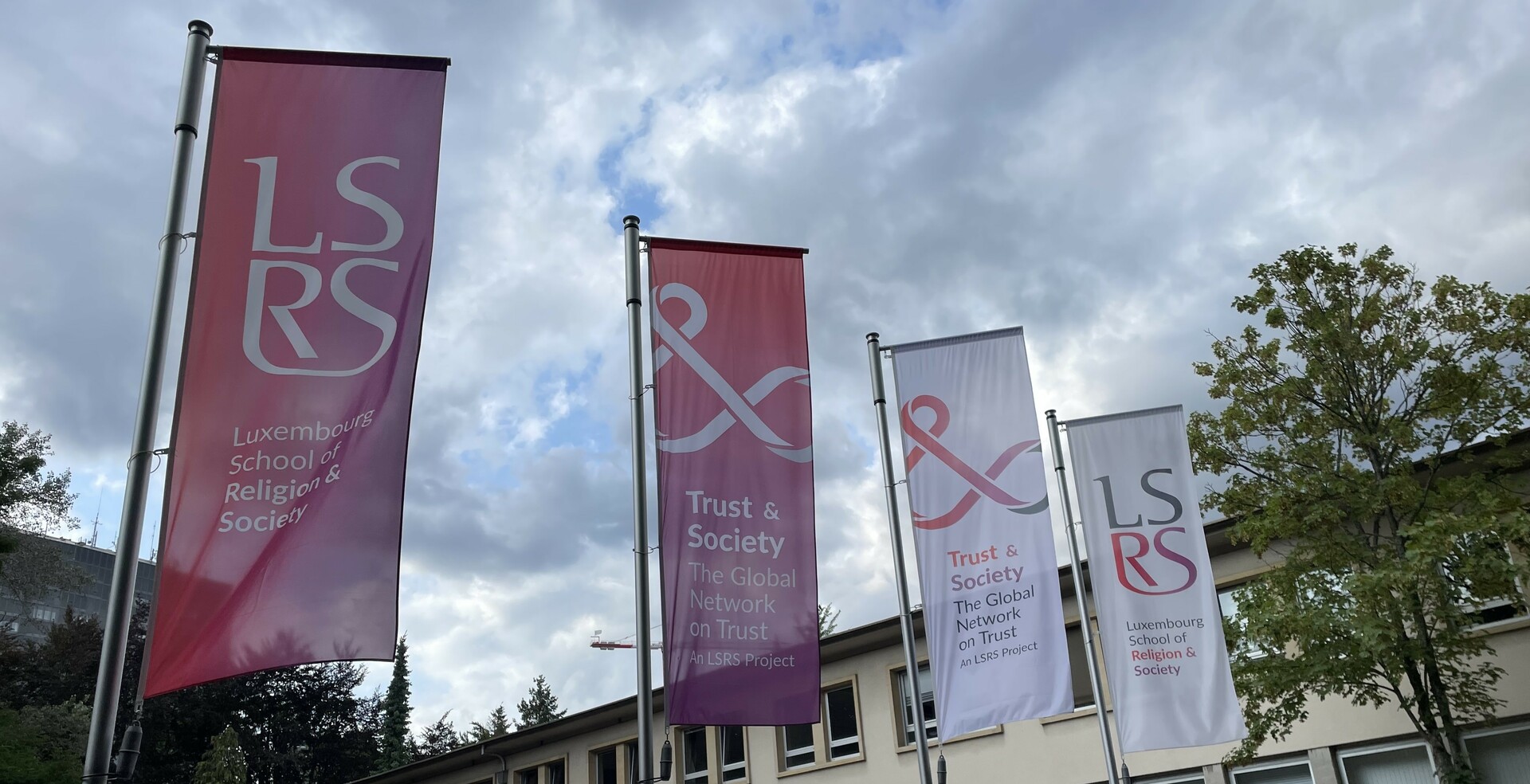T&S Sponsors FINT Impact Hub
Trust & Society is Partnering with the FINT Impact Hub: Bridging Trust Research and Practice
21 June 2025
Trust & Society – The Global Network on Trust is partnering with the First International Network on Trust’s (FINT) new Impact Hub to sponsor an event on bridging trust research and practice. This event will take place at this year’s FINT Conference in Genoa, Italy on June 21. Led by Craig Crossley (University of Central Florida), Simon Schafheitle (University of Twente), and Matthew Pawlak (Luxembourg School of Religion & Society), this event will bring together leading voices from academia and industry to discuss best practices in research partnerships with practitioners and translating research insights into practice.
